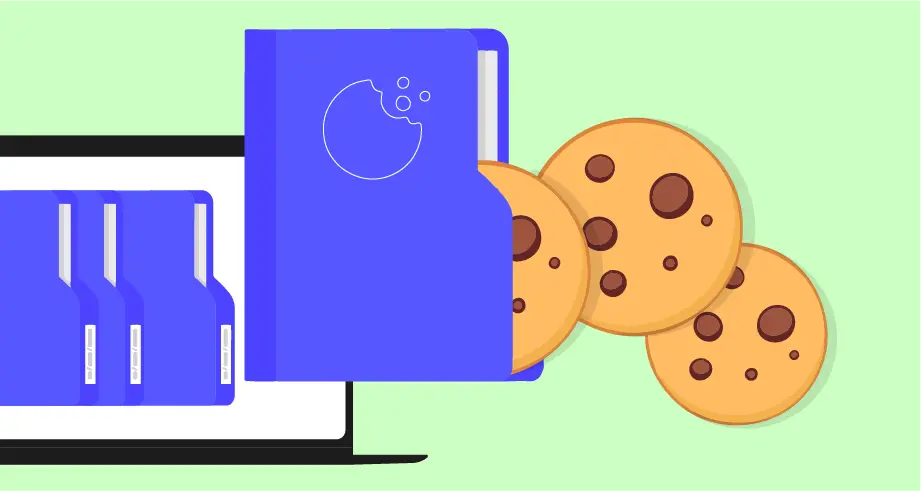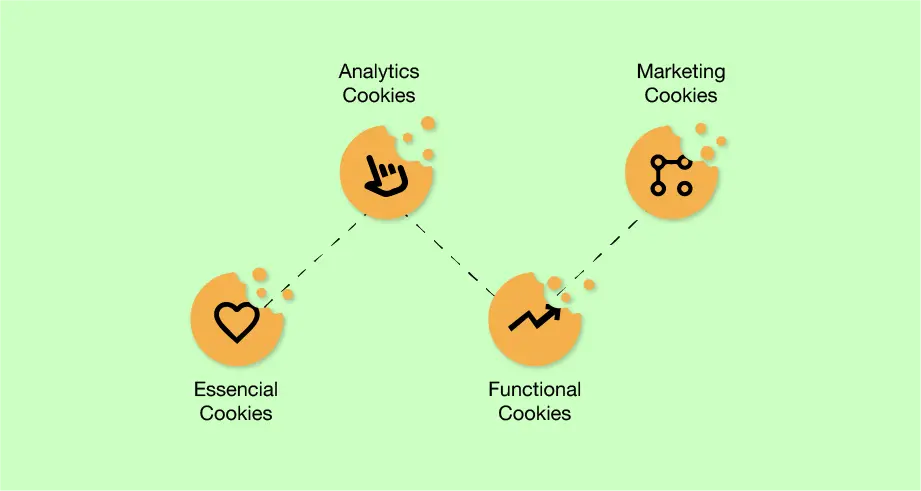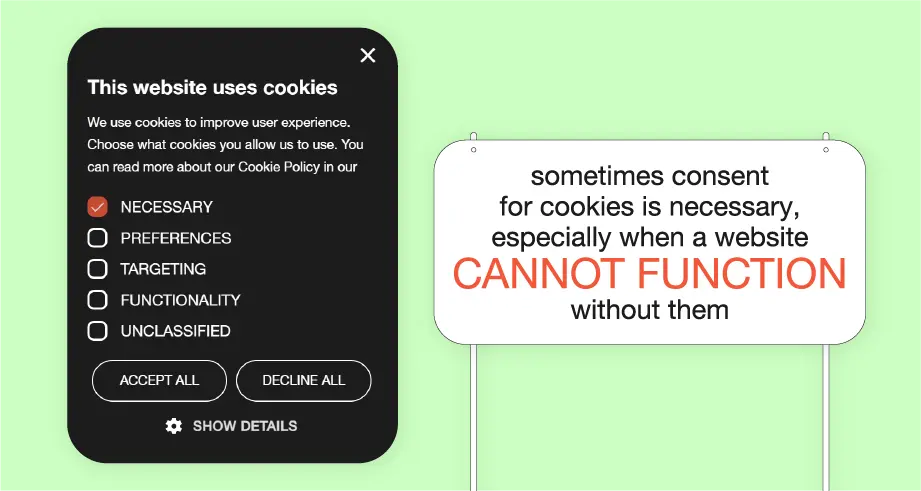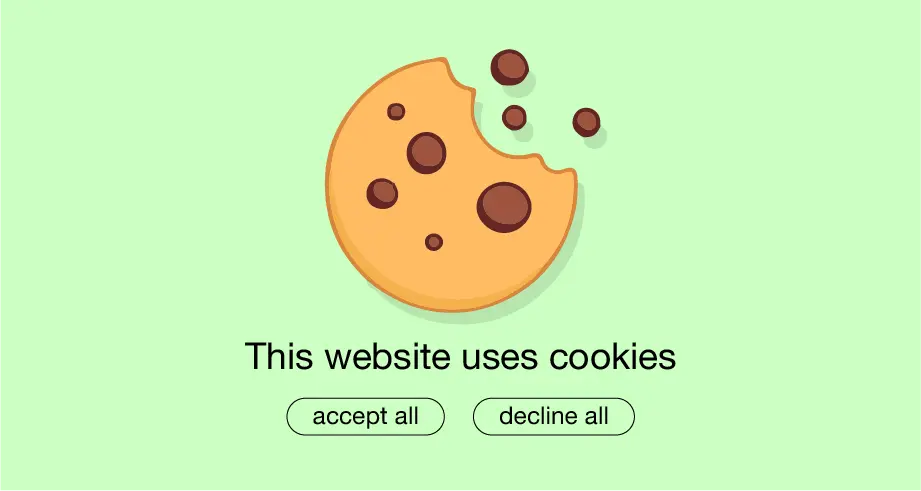Q&A
When should we accept cookies?
As mentioned earlier, sometimes consent for cookies is necessary, especially when a website cannot function without them. In such cases, first check what the site is asking for. If the cookies are only needed for basic functions (e.g., to ensure the page works properly), you can safely agree.
How necessary are third-party cookies?
If a site uses third-party cookies, some users may prefer to be cautious. This is because it means your data could be shared with other companies without your knowledge. In such cases, to protect your privacy, you can choose not to consent to third-party cookies.
What happens if I refuse cookies?
If you refuse cookies, you may not be able to access some websites, and on others, you may have fewer features. For example, ads won’t be personalized to you, and you may need to log in again each time.
Do all sites need cookies?
No, some simple, single-page websites with just text may not use cookies at all. However, if the website requires registration, cookies are necessary.
Can cookies pass on my card details to third parties?
Cookies themselves cannot pass on your bank card details to third parties, as they only store the information collected by the website. However, if a website asks for your card details (e.g. card number, CVV) and also requests the use of cookies, there could be some risk. Allowing cookies on an untrusted or insecure site can make it easier for hackers to steal your data, especially if you’ve consented to third-party cookies. Therefore, in such cases, it’s better to refuse cookies.
In general, always ensure that the site is trustworthy before entering any personal information! If you've decided to create a website or optimize an existing one, write to us or call 📞 032 2 47 07 70

















